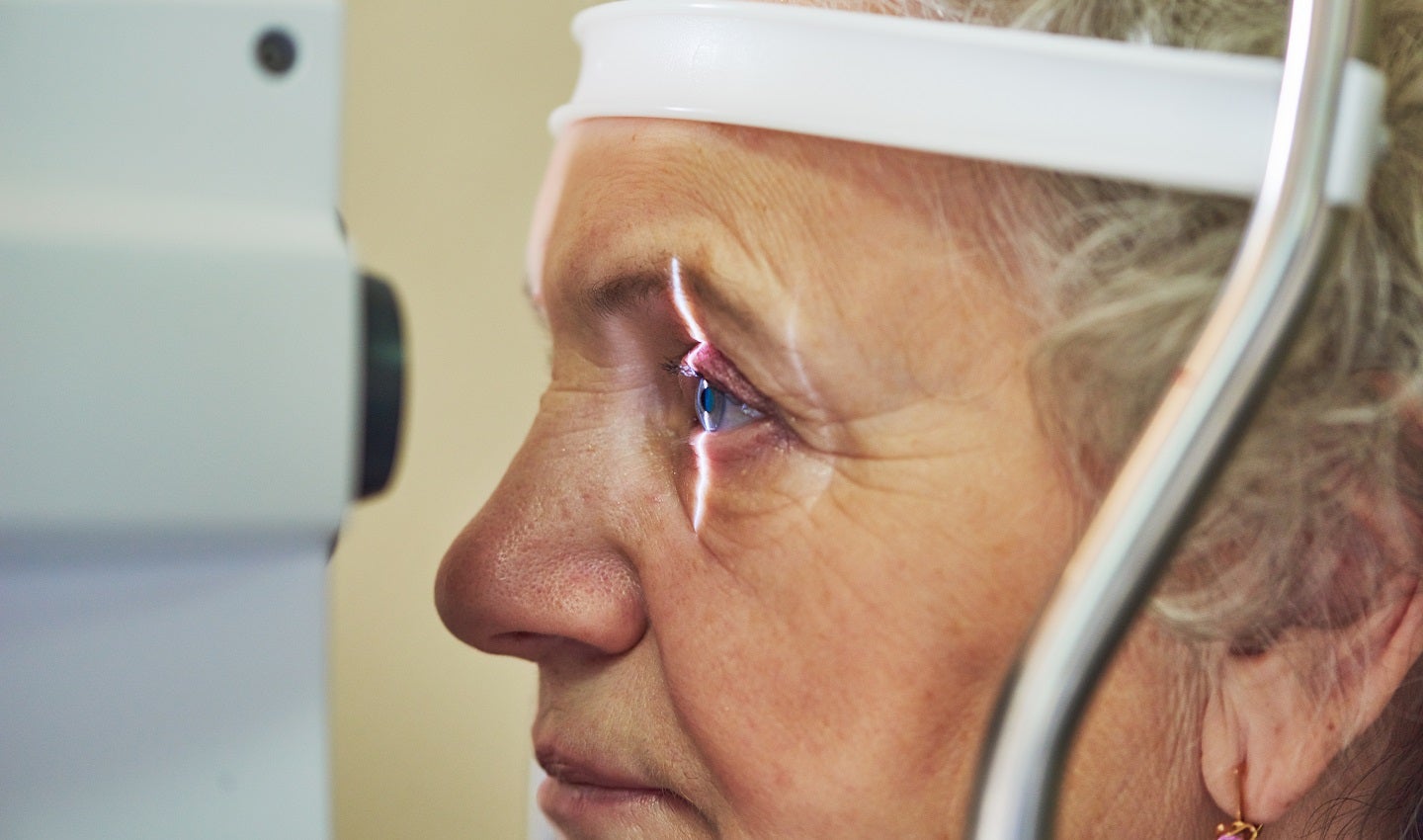
Annexon has reported topline results from its ARCHER Phase II clinical trial of ANX007 for the treatment of patients with geographic atrophy (GA), a disease of vision loss.
The multi-centre, randomised, double-masked, sham-controlled ARCHER trial enrolled 270 patients to evaluate the efficacy and safety of ANX007 in patients with GA secondary to age-related macular degeneration.

Discover B2B Marketing That Performs
Combine business intelligence and editorial excellence to reach engaged professionals across 36 leading media platforms.
Both female and male patients with foveal and non-foveal vision loss with an average age of 80 years were enrolled out of which 96% were from the US.
The study demonstrated a statistically significant, dose-dependent preservation of visual function during the 12-month treatment period.
Patients who received ANX007 monthly and every-other-month were protected against vision loss, as measured by changes from baseline in the functional endpoint of best corrected visual acuity.
Reduction in risk of 15-letter loss was observed in the monthly and in the every-other-month treated group of 72% and 48%, respectively.

US Tariffs are shifting - will you react or anticipate?
Don’t let policy changes catch you off guard. Stay proactive with real-time data and expert analysis.
By GlobalDataThe data support ANX007’s differentiated mechanism of action and represent the first demonstration of a complement-based therapy to protect against vision loss in the study.
However, the primary endpoint of mean rate of change in GA lesion area compared against sham over the 12-month period failed to reach statistical significance.
ANX007 was well tolerated in both monthly and every-other-month treated groups.
Annexon CEO Douglas Love said: “Based on the ARCHER trial results, we plan to engage with regulators to determine the optimal path forward to bring ANX007 to patients as expeditiously as possible.”





